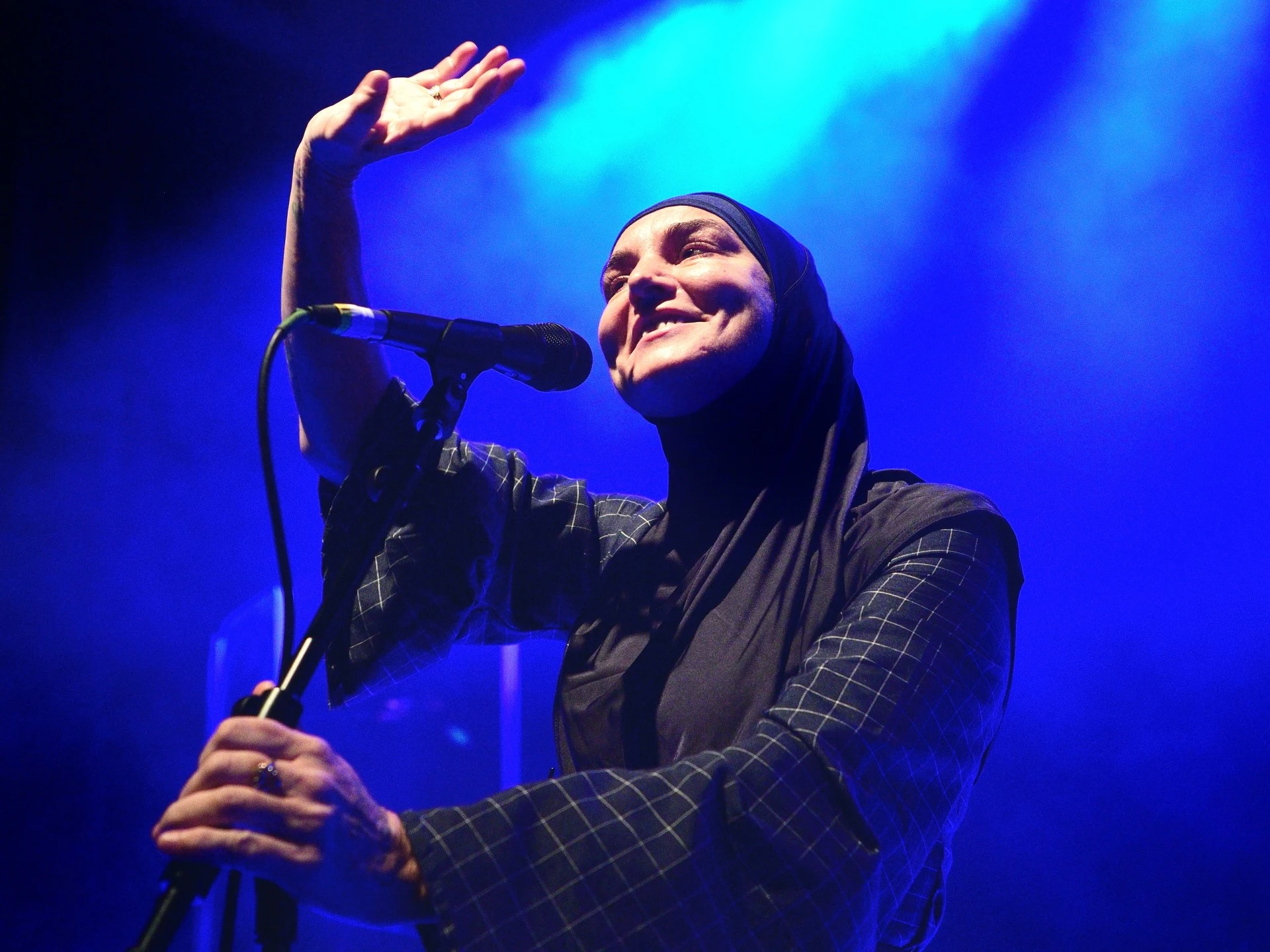- cross-posted to:
- [email protected]
- cross-posted to:
- [email protected]
As musicians, politicians and fans remember Sinead O’Connor, some Muslims are disappointed that the Irish singer and lifelong activist’s religious identity is not being highlighted in tributes.
UK police on Wednesday said the 56-year-old was found unresponsive in her London residence on Wednesday and that there her death was not being treated as suspicious.
Since the news of her death, Muslim fans of the 90s superstar have said her conversion to Islam, a cornerstone of her identity, was inspiring, but that some media reports have failed to note her religious beliefs in obituaries.
O’Connor, whose chart-topping hit “Nothing Compares 2 U” helped her reach global stardom, converted to Islam in 2018.
“This is to announce that I am proud to have become a Muslim. This is the natural conclusion of any intelligent theologian‘s journey. All scripture study leads to Islam. Which makes all other scriptures redundant,” the songstress tweeted on October 19, 2018.
At that time, O’Connor tweeted selfies donning the Muslim headscarf, the hijab, and uploaded a video of her reciting the Islamic call to prayer, the azan.
She took on the Muslim name Shuhada’ Davitt – later changing it to Shuhada Sadaqat – but continued to use the name Sinead O’Connor professionally.
One social media user said imagery of the singer without the hijab points to the glaring lack of Muslim reporters in newsrooms.
Meanwhile, some said that O’Connor was an inspiration for queer Muslims globally.
In 2000, she came out as a lesbian during an interview. But the singer, who was married to multiple men throughout her life, later said that her sexuality was fluid and that she did not believe in labels.
Some found joy in O’Connor’s conversion growing up, seeing themselves represented, while others, just learning about her Muslim identity at the news of her death, also took inspiration.
O’Connor was no stranger to controversy.
A lifelong nonconformist, she was outspoken about religion, feminism, and war, as well as her own addiction and mental health issues.
In 2014, she refused to play in Israel.
“Let’s just say that, on a human level, nobody with any sanity, including myself, would have anything but sympathy for the Palestinian plight. There’s not a sane person on earth who in any way sanctions what the f*** the Israeli authorities are doing,” she told Hot Press, an Irish music magazine.
Her iconic shaved head and shapeless wardrobe defied early 90s popular culture’s notions of femininity and sexuality.
In 1992, she ripped up a photo of Pope John Paul II during a television appearance on Saturday Night Live, vocal against the Catholic Church’s history of child abuse.
The late former star was also a firm supporter of a united Ireland, under which the United Kingdom would relinquish control of Northern Ireland.



It was a not officially recognized sect
There are no unofficial Catholic sects. By definition, if you’re not official, you’re not Catholic. They’re allowed to define that.
There are numerous independent Catholic sects.
https://en.m.wikipedia.org/wiki/Independent_Catholicism
"Independent Catholicism is an independent sacramental movement of clergy and laity who self-identify as Catholic "
When you have a closed group, like a religion, you absolutely can set minimum criteria for membership, and disallow self-identification as a valid way to enter. Just like I can’t say I’m Canadian, those people aren’t Catholic. Who says so? The pope. And it’s his call to make.
No arguments there. But the ordainment did happen, is my point. The pope was not involved.
I too can go online and become ordained
The word “Catholic” just means universal. Most Christians claim to be Catholic as well, such as Anglicans, as they see themselves as descended from the Church of the Apostles. You’d really have to get into restorationism or people simply misunderstanding the faith to find those who don’t. Although whether or not they are Roman Catholic, as in, seeing the authority of the Bishop of Rome as Pope, is a different thing.